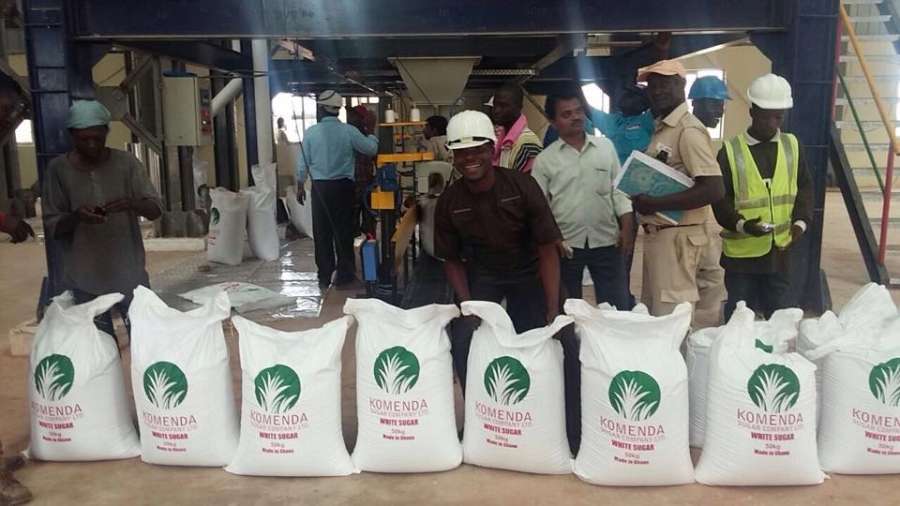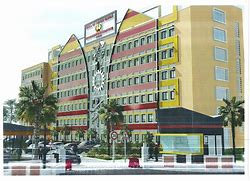
The government has initiated processes to revive operations at the Komenda Sugar Factory in the Central Region. A technical report which provides the road map for the revival of the project has been developed, the Minister of Trade and Industry, Mr Alan Kwadwo Kyerematen, has announced.
Besides, he said, the experts were preparing a detailed project report that would determine the timeline for the beginning of operations.
Experts’ recommendations
Mr Kyerematen said the ministry would implement the recommendations of the experts who conducted a comprehensive technical audit of the factory.
As part of the recommendations, he said, the ministry would ensure full compliance with the terms and conditions of the contract with the factory plant contractors, by ensuring that the remaining parts of the plant were fully installed and operationalised.
Besides, the ministry would negotiate and pay outstanding debts due the factory plant contractors to ensure a full takeover of the factory’s assets by the government.
Mr Kyerematen said the government would appoint a governing board of directors to provide direction and leadership for the company, pending a final decision on share divestment options being explored with the support and advice of the transaction advisor on the project.
He said the ministry would develop and implement a plantation and out-grower scheme, using the $24. 5 million Indian Export and Import (EXIM) credit facility “to ensure the cultivation of about 14,100 acres of sugarcane in the Central and Western regions.”
One-district, one-factory policy
Mr Ricketts-Hagan also posed a question on the implementation plan and the start of the “one-district, one-factory,” policy.
In his answer, Mr Kyerematen said since the programme was initiated, the ministry had received 473 business proposals.
He said the ministry’s team of consultants had completed technical, financial and commercial viability analysis of 462 of the proposals received, adding that out of the number, 191 business proposals, covering 192 districts, had been selected for implementation.
Mr Kyerematen said the factories or business enterprises that would be developed under the policy would be funded by the private sector with support from the government.
He said the government would support the private companies to mobilise money on a case by case basis. “The financing is not the responsibility of government, but there is strong government participation,” he explained.
The minister said where necessary, the government might invest not more than 30 per cent in the project cost.
He added that in districts where investors had not made any proposals, the government would take a decision to make initial investment for interested promoters to take over.
Mr Kyerematen noted that he could not give the number of factories to be set up within a specific period because the establishment of the factories was dependent on the development of business plans, mobilisation of funds and other commitments.
Made-in-Ghana goods
The Minister of Trade also answered a question on the prioritisation of the purchase of made-in-Ghana goods, posed by the MP for Kumbungu, Mr Ras Mubarak, and indicated that the government had decided to encourage state institutions to purchase about 70 per cent of local products.
He said Cabinet would give approval for the recommendation and possibly get parliamentary approval to give it legal effect.




